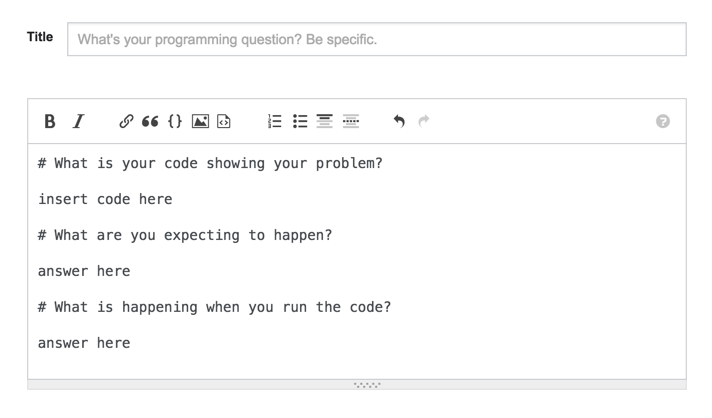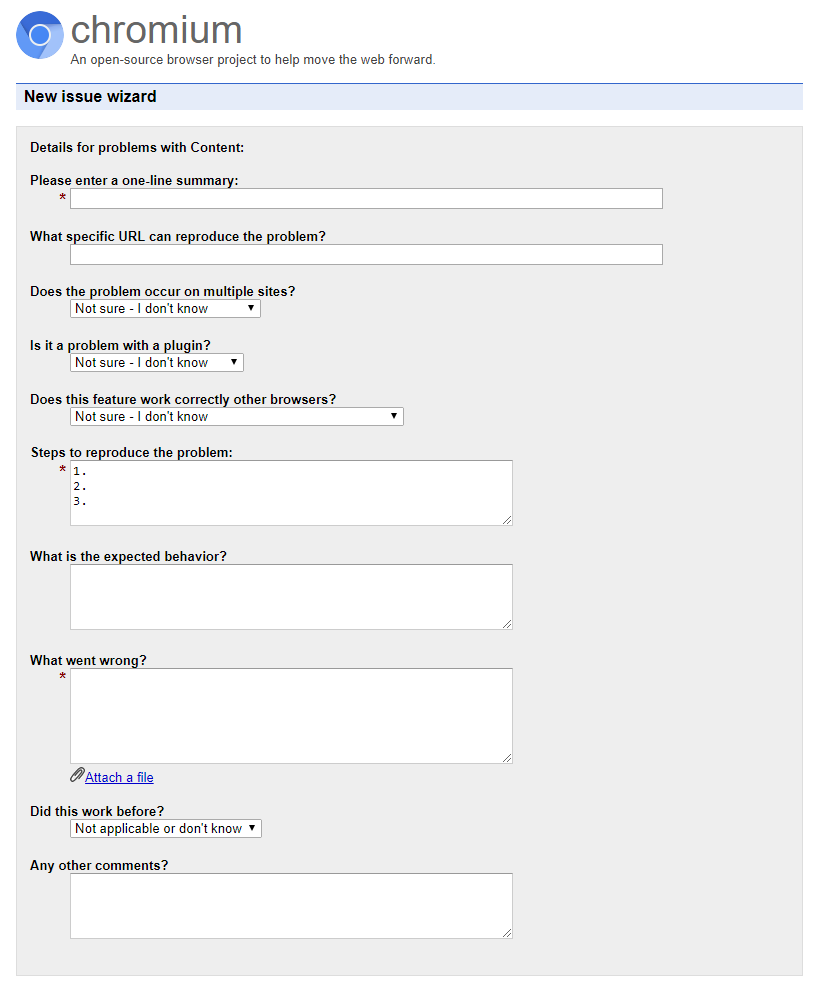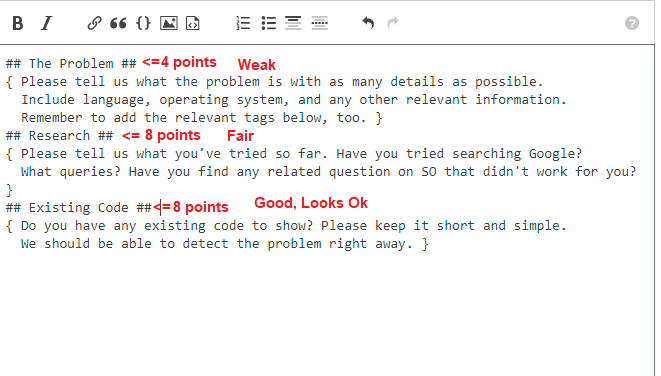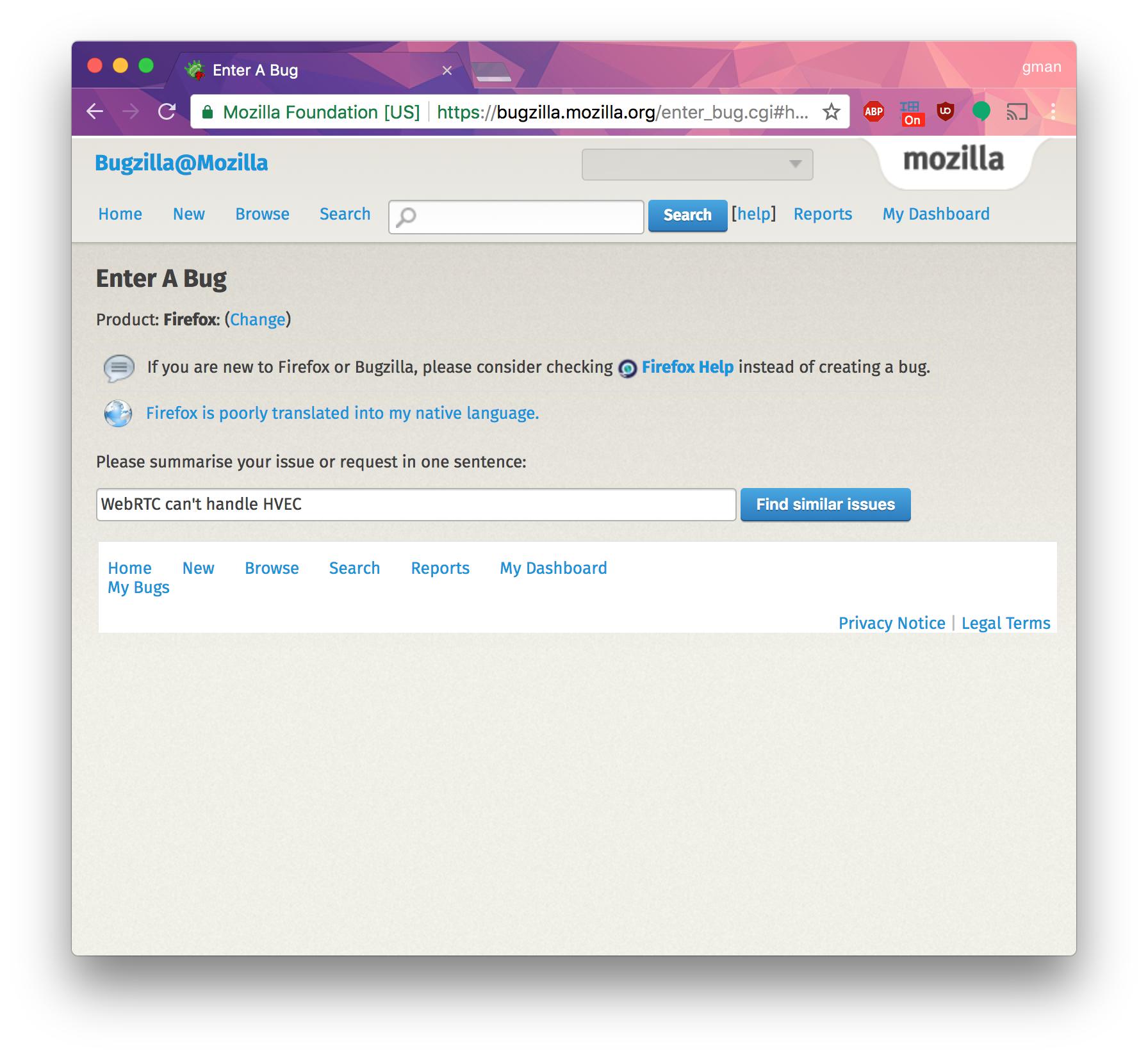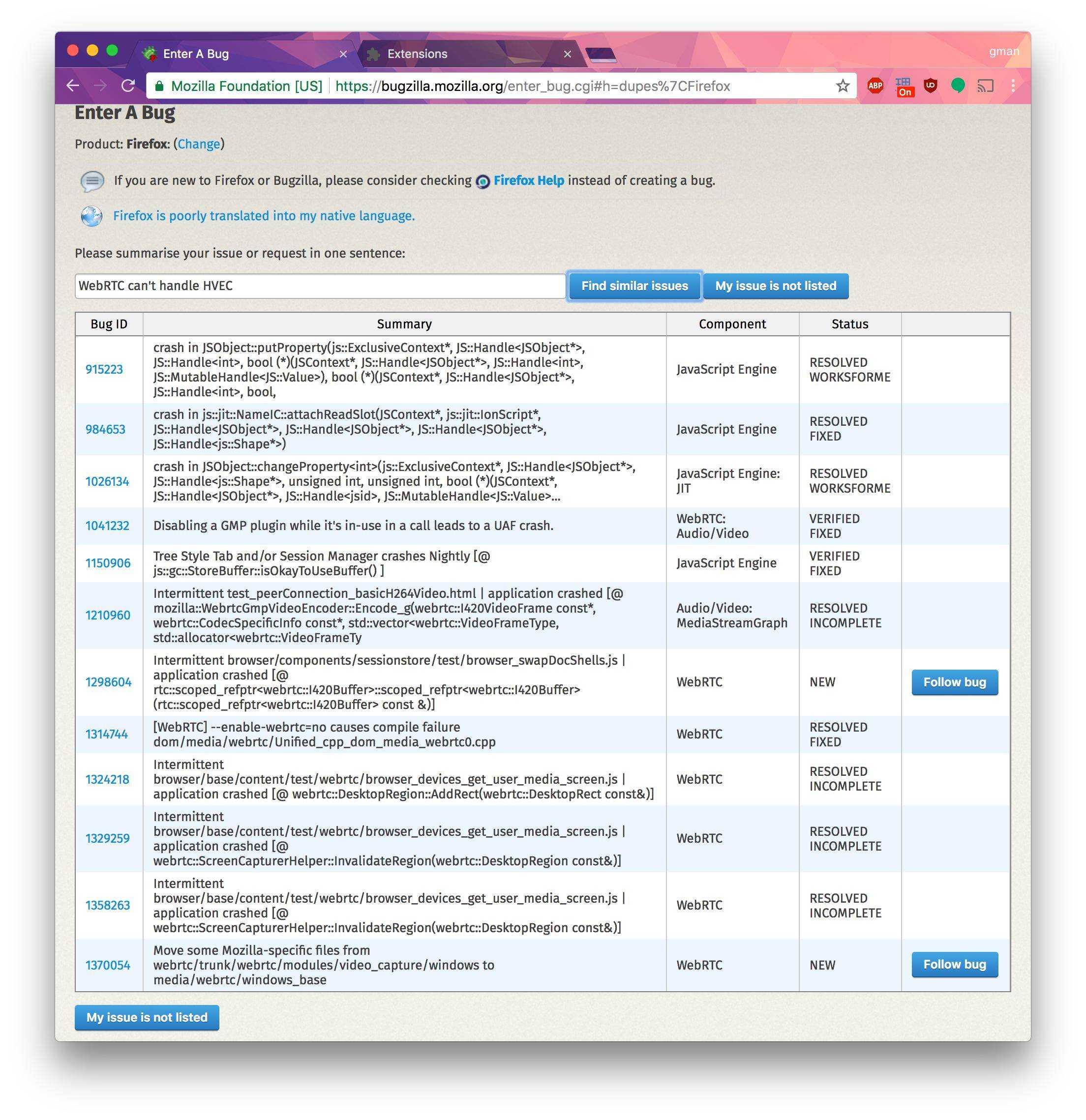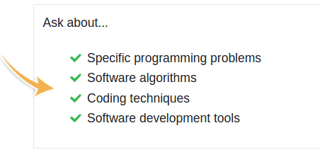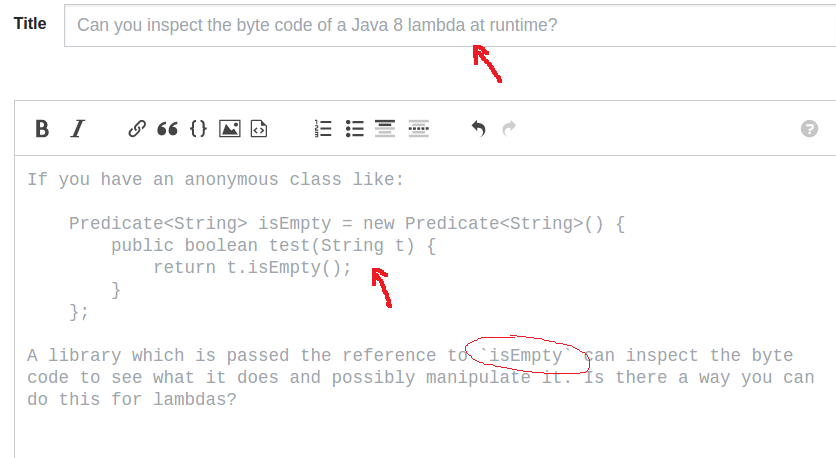Update: Our v1 experiment is done. We used a template loosely based on enderland's answer for this experiment. See this post for an overview of the results.
Based on your feedback the DAG team is working on several projects related to question quality. On the low-hanging-fruit side, we’re going to A/B test some question templates. (As a bonus, we're finally getting around to addressing a feature request we've been hoping to work on for several years.)
Once we have some template variations, we’ll show them to different groups of users who have asked fewer than some number of questions and have less than some reputation. Then we’ll compare the quality of result and see if templates help improve questions or not.* The primary goal here is to validate the concept of giving new users a question template. Among the secondary goals is finding what sort of template (if any) works best.
That’s where you can help. What sort of guidance do you think would most help new askers provide the information needed to get useful answers? An obvious item that came up over and over again in the mentoring experiment is the importance of an MVCE. We can also demonstrate code block formatting, which would help many askers. But are there other, perhaps less obvious, hints we could include in a template?
Please note we are also investigating some sort of “ask your question” wizard-type feature. Templates may very well be incorporated in that eventually. We’re very much in the proof of concept stage. Exact template wording will be much less helpful than principles.
For the moment, we're focusing on Stack Overflow because it gets so many questions from new users that it'll be quicker to get statistically meaningful results. Once we have results, we should be able to transfer that knowledge to other sites on the network. For now, let's focus on guidance specific to asking code questions.
Footnote:
* We're working with our data analysis team to determine what metric to use. The details are coming soon, but we'll be looking at whether the question has:
- a positive, negative or zero score
- been answered
- been closed (possibly excluding duplicates)
- been deleted (possibly excluding self-deletions)
We are aiming for a (mostly accurate) way to grade each and every question submitted based on the community's feedback.
